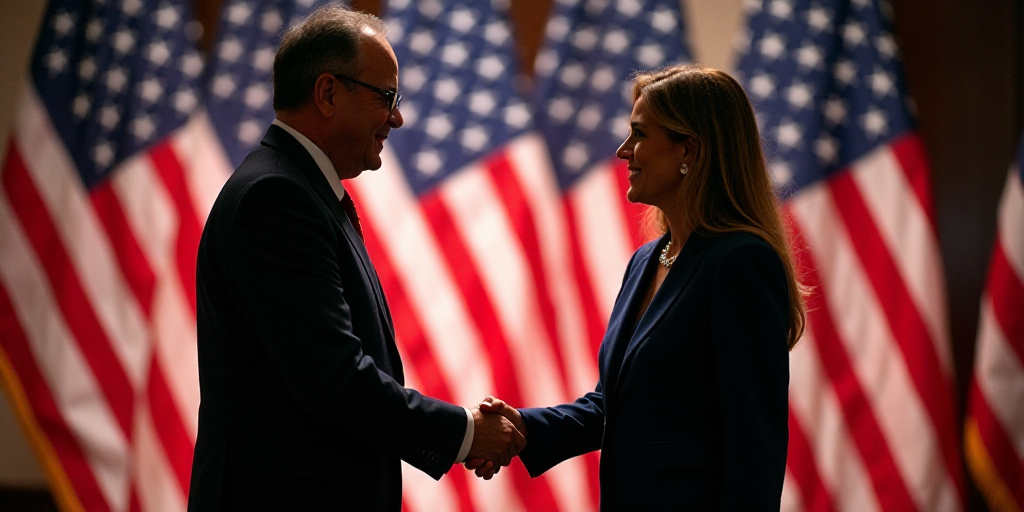Background on Julio Berdegué and the Tomato Trade
Julio Berdegué, the head of Mexico’s Secretaría de Agricultura y Desarrollo Rural (Sader), recently engaged in discussions with key United States officials regarding the commercialization of Mexican tomatoes. These talks aim to address concerns over the existing bilateral agreement on tomato exports, which the US has expressed a desire to withdraw from.
Who is Julio Berdegué?
Julio Berdegué is the Secretary of Agriculture and Rural Development in Mexico, a crucial position responsible for overseeing the country’s agricultural policies and rural development. His recent meetings with US officials highlight the importance of maintaining strong trade relationships between the two nations.
Why is the Tomato Trade Relevant?
The tomato trade is significant for both Mexico and the United States. Mexican tomatoes are a vital component of the US market, with the US importing a substantial volume of Mexican tomatoes for various purposes such as processing, distribution, and consumption. The potential withdrawal of the US from the existing agreement could lead to increased tariffs on Mexican tomato exports, impacting both industries and consumers.
Key Meetings and Discussions
Berdegué met with Brooke Rollins, the US Secretary of Agriculture’s counterpart, in Washington. The discussions were described as “amiable,” and both parties agreed on the benefits of their collaboration for both countries.
Meeting with Tomato Industry Executives
In addition to his meeting with Rollins, Berdegué also engaged with over 20 representatives and companies involved in distributing Mexican tomatoes within the United States. These executives emphasized that Mexican tomatoes have no viable substitute due to their volume and quality.
US Concerns and Mexico’s Response
The United States has expressed its intention to leave the existing tomato export agreement, citing insufficient protection for US producers. This move would impose a 20.91% tariff on most Mexican tomato exports starting July 14th. In response, the Mexican government has been working to address recent tensions, including concerns about the bovine liver fluke, which the US threatened to limit due to its potential impact on their agricultural sector.
Bovine Liver Fluke Issue
The bovine liver fluke, or fascioloisis, is a parasitic infection that affects cattle, wildlife, and occasionally humans. The larvae of the parasite’s flies penetrate the skin of live animals, causing severe damage and often fatal consequences. Mexico has been collaborating with the US to mitigate this issue and ensure continued trade.
Water Allocation Dispute
Another point of contention between the two nations involves a decades-old water distribution treaty. Mexico has faced challenges in fulfilling its obligations under this agreement, leading to recent trade friction. However, both governments recently announced an agreement where Mexico would increase its water shipments, deemed essential by US agricultural interests in Texas.
Key Questions and Answers
- What is the main issue being discussed? The primary concern is the potential withdrawal of the US from the existing tomato export agreement and its implications for both countries.
- Who are the key figures involved? Julio Berdegué, Mexico’s Secretary of Agriculture and Rural Development, and Brooke Rollins, the US Secretary of Agriculture’s counterpart, are central to these discussions.
- What are the potential consequences of the US leaving the agreement? If the US withdraws, tariffs as high as 20.91% could be imposed on most Mexican tomato exports, affecting both industries and consumers.
- What other issues are being addressed? Besides the tomato trade dispute, both nations are working to resolve concerns about the bovine liver fluke and a longstanding water allocation dispute.






